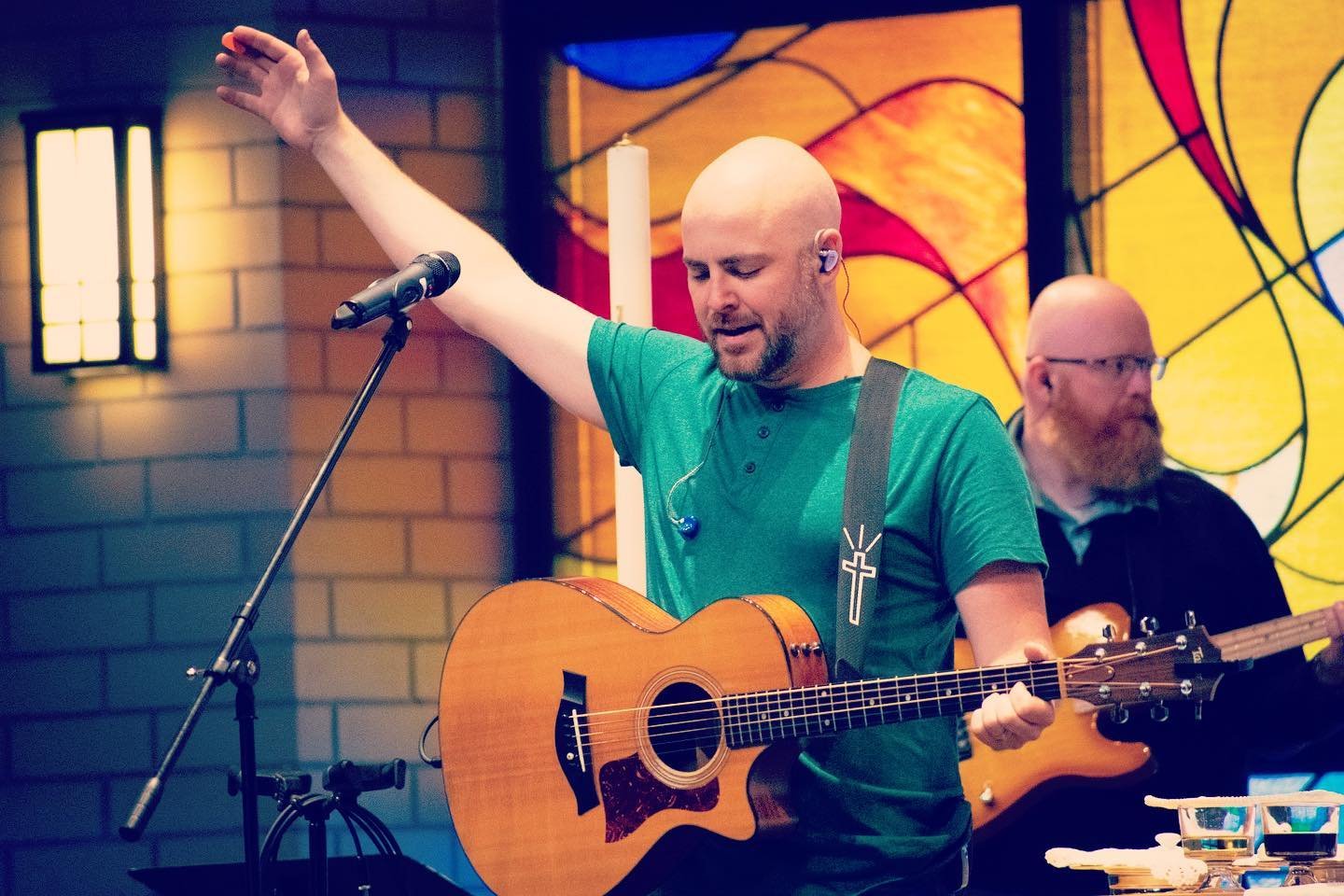The Worship Dilemma: Understanding the Challenges of Finding Musicians and Worship Leaders for Worship
Greetings, fellow worshippers! Today, I want to address a common struggle faced by many Christian churches: the challenge of finding musicians and worship leaders to lead worship. This ongoing dilemma calls for a deeper understanding of the underlying factors that contribute to this difficulty.
1. Unique Skill Set and Spiritual Maturity
Leading worship in a Christian church requires a unique combination of musical talent, spiritual maturity, and the ability to connect with congregants on a deep, emotional level. Finding individuals who possess these qualities and are willing to commit their time and energy to leading worship can be a challenging task. It often requires a careful balance of musical proficiency, humility, and a heart that is genuinely dedicated to serving God and His people.
2. Time Commitment and Demanding Responsibilities
Leading worship is not just about performing songs. It involves extensive preparation, rehearsal time, and a commitment to consistently growing and developing one's musical and spiritual abilities. Worship leaders and musicians are responsible for selecting appropriate songs, creating engaging worship experiences, and often coordinating with various teams and volunteers. The demanding nature of these responsibilities can make it challenging to find individuals who are willing and able to dedicate the required time and energy.
3. Limited Pool of Available Musicians
In many communities, the pool of available musicians may be limited, especially those who align with the specific musical preferences and traditions of a Christian church. This scarcity can make it difficult to find individuals who have the necessary skills, musical style compatibility, and availability to commit to leading worship regularly. The challenge is amplified in smaller churches or areas where musical talent may be less prevalent.
4. The Need for Balanced Diversity
Christian churches strive to create inclusive worship experiences that cater to the diverse needs and preferences of their congregations. This includes incorporating a wide range of musical styles, genres, and cultural expressions. However, finding musicians and worship leaders who can authentically embody and navigate these diverse musical landscapes can be an additional challenge.
5. Nurturing and Equipping Future Worship Leaders
To address the scarcity of worship leaders and musicians, Christian churches must invest in nurturing and equipping the next generation of worship leaders. This involves mentoring, training, and providing opportunities for aspiring musicians and worshippers to develop their skills and grow in their spiritual walk. By intentionally fostering a culture of discipleship and investing in musical education, churches can help cultivate a pipeline of talented and dedicated individuals to lead worship.
Finding musicians and worship leaders for Christian church worship is a complex task that requires careful consideration, patience, and a deep commitment to the transformative power of worship. By understanding the unique challenges involved, investing in nurturing and equipping future leaders, and embracing diverse expressions of worship, Christian churches can navigate these difficulties and create vibrant and engaging worship experiences. For those seeking an online music resource supplement to enrich their worship ministry, we invite you to explore one of our acclaimed offerings: The leading Church Music Resource, wholeheartedly embraced by congregations nationwide.
Let us come together as a community, supporting and encouraging those who lead us in worship, and recognizing the invaluable role they play in guiding our hearts and minds towards the presence of God.
With gratitude and harmony,
Jon Dahl
Red River Leadership

